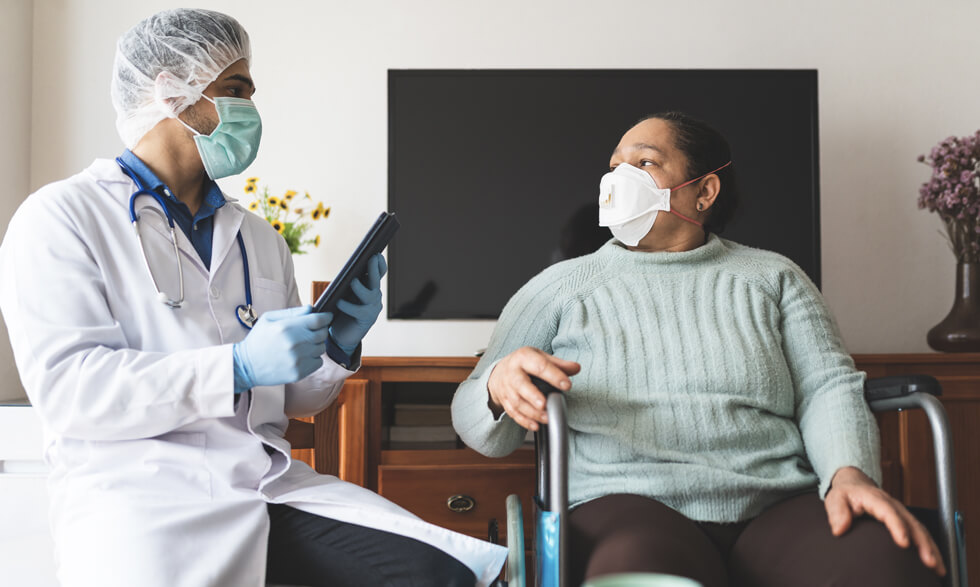
September 15 to October 15 is Hispanic Heritage Month, a time to honor and celebrate Hispanics and Latinos in the U.S. It also is a time to recognize health differences in these communities.
Our recent cover celebrity, Adamari López, is a Telemundo host and breast cancer fighter who is working hard to educate other women about the importance of routine health screenings. While Hispanic and Latina women have a lower death rate from breast cancer than white women, breast cancer is still the leading cause of cancer deaths for those groups.
Now is also an important time recognize National Institutes of Health research supporting Hispanic and other diverse communities. One such research initiative is the Rapid Acceleration of Diagnostics (RADx), in which scientists and researchers across the country are working to improve COVID-19 testing.
One of the four cornerstones of the RADx COVID-19 initiative is RADx Underserved Populations (RADx-UP). RADx-UP hopes to improve access to testing for populations who are disproportionately affected by health disparities. A health disparity is a higher burden of negative health outcomes—such as illness or death—that often affects specific populations. For COVID-19, those include Hispanics and Latinos, as well as African Americans, American Indians, and Alaska Natives.
Through better testing, RADxUP will help researchers see a clearer picture of how COVID-19 affects these populations and how to improve health outcomes around the virus. That could mean everything from creating more accessible testing locations or customizing COVID-19 resources to address concerns relevant to each community. Ultimately, researchers want to best serve these and other communities to keep them healthy and safe.
